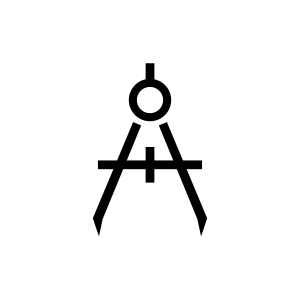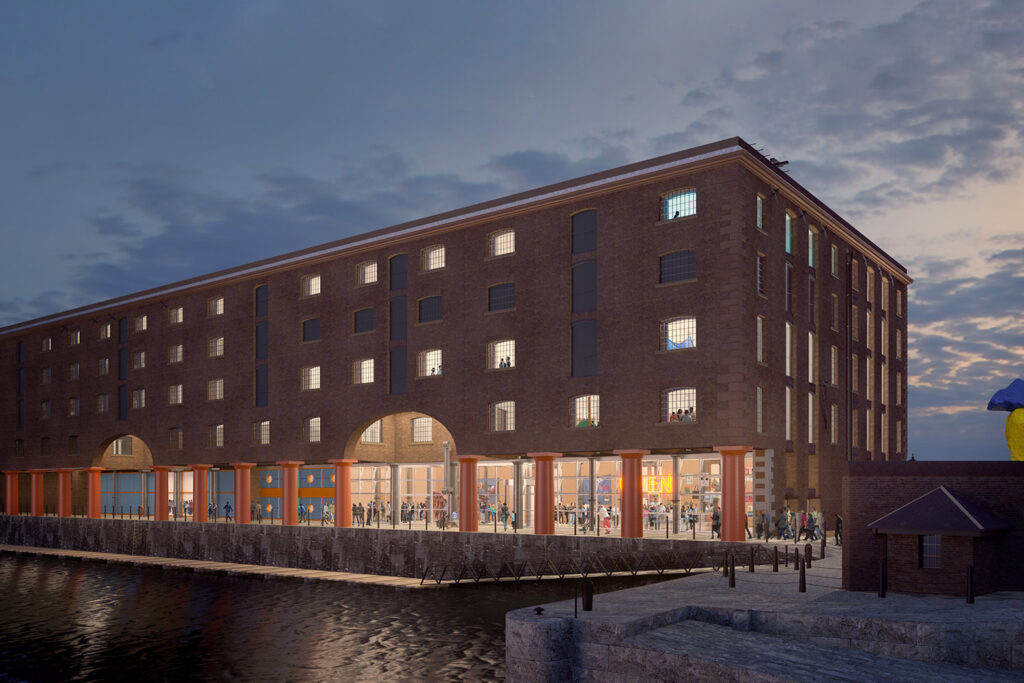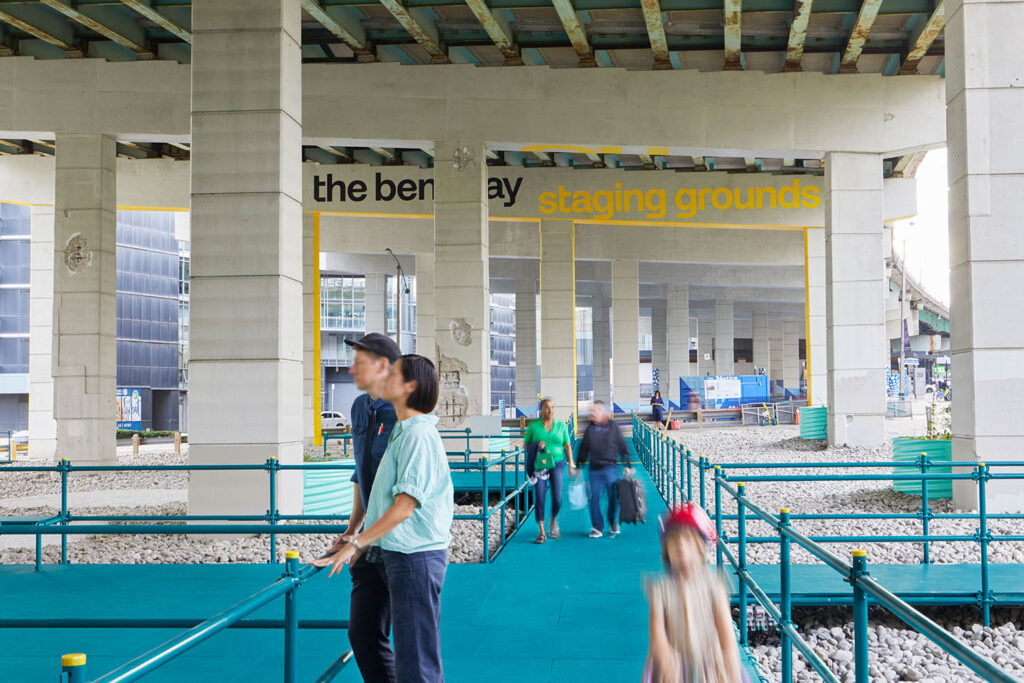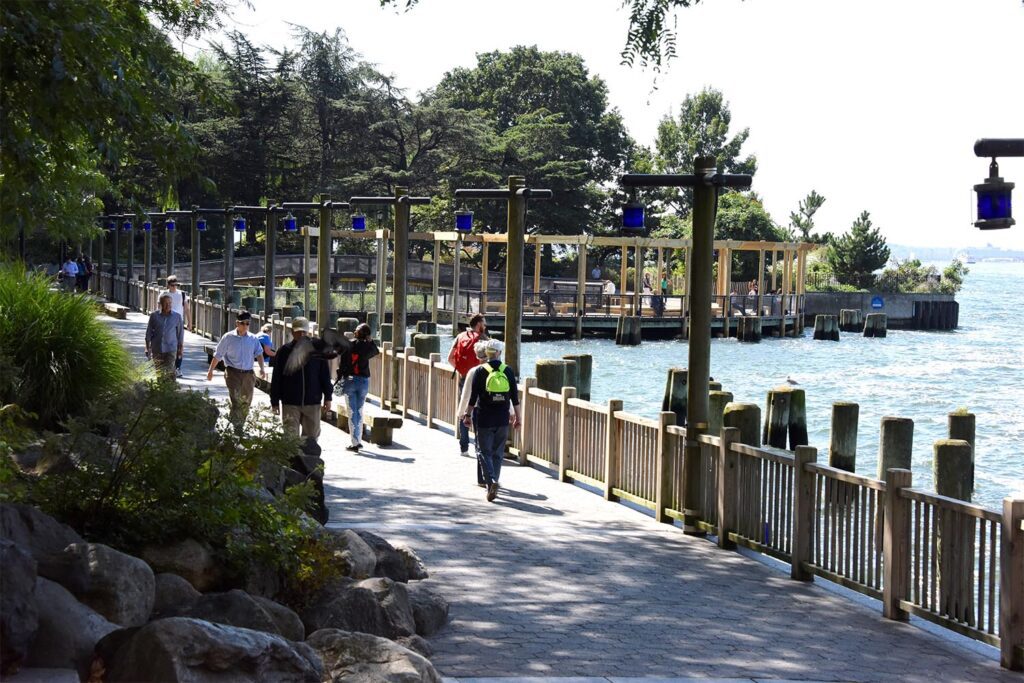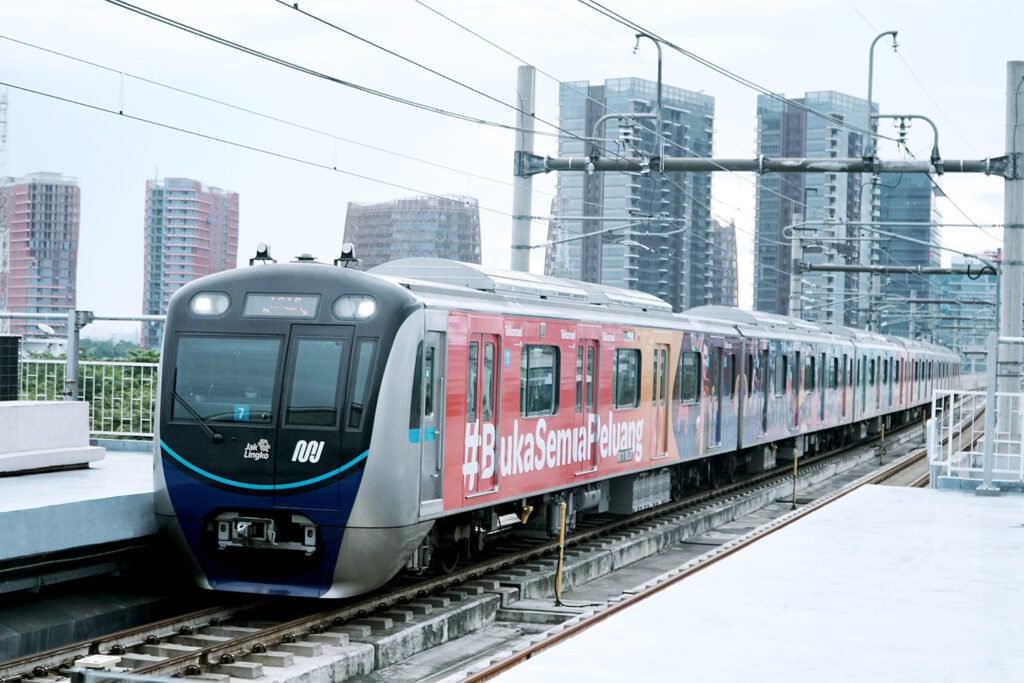
IDEK Munich
Munich, Germany
Project details
Client
Landeshauptstadt München
Collaborator
atene KOM, yellow Z
Duration
2021 – 2022
Services provided by Buro Happold
As a pilot project of the Bavarian State Ministry of Housing, Construction and Transport, IDEK (Integrated Digital Development Concept) is an innovative urban planning tool that brings a digital perspective to existing urban planning challenges.
This leading-edge tool aims to answer the question of how digital solutions can positively support the people living and working in the city. The state’s capital Munich is one of ten municipalities selected to participate.
The concept focuses on Munich East, an area located around the Ostbahnhof, and includes the existing districts of Berg am Laim, Au-Haidhausen, Ramersdorf-Perlach and Obergiesing. This area is experiencing much change as a new district – the Werksviertel – is being built with a new concert hall and many new jobs in the digital service sector.
Buro Happold worked closely with atene KOM and Yellow Z in the development of this concept.
Challenge
A successful digital transformation in the focus area requires the participation of the broad population. Although general digitalisation is well advanced in many aspects of everyday life, the digital needs of different groups of the population vary widely.
For the transformation to be as inclusive as possible, it requires accessible digital solutions that take individual requirements into account and reduce barriers to use. At the same time, non-digital offerings must continue to be available. Solutions must be developed transparently and with the early involvement of users.
For the Munich East IDEK, our team identified four main categories for the digital living environment: processes and organisation, digital infrastructures and end devices, digital service and application labs, and digital competencies. By defining these four categories, the specific challenges and tasks of the digital transformation of the focus area could then be identified.

Solution
Two challenges were central to our team during their work on the concept. In order to apply digitalisation strategies to the focus area, a new, interdisciplinary and holistic planning approach had to be developed. The question here was what spatial impact digitalisation actually has and how this can be used in urban planning.
In addition, the concept must work towards including all parts of the population within the focus area, so that in the future the digital divide between generations can be counteracted and as many people as possible will have access to digital resources and can therefore benefit from the opportunities of the digital transformation.
During the development process, it was therefore important to consider not only the spatial and technical challenges, but also the social challenges associated with digitalisation.
The Buro Happold team took a co-creative approach. In a long-term process based on public participation and expert knowledge and involving various stakeholders such as the public and private sectors, a digital inventory analysis and a strengths and weaknesses profile (SWOT analysis) were created.
A strategic vision and four strategies were developed with the help of two digital strategy workshops. Specific interventions were then derived from these. For this step, it was enormously important to learn from local expertise.

Value
Our integrated digital development concept for Munich East not only adds a digitalisation perspective to the existing development plans for the area, but also offers generally applicable, practical digital solutions for urban development issues and provides recommendations on where and how digital tools can be usefully employed by the city administration.
The insights gained and measures developed are characterised by a high degree of transferability – both citywide and to other places in Germany and Europe.



